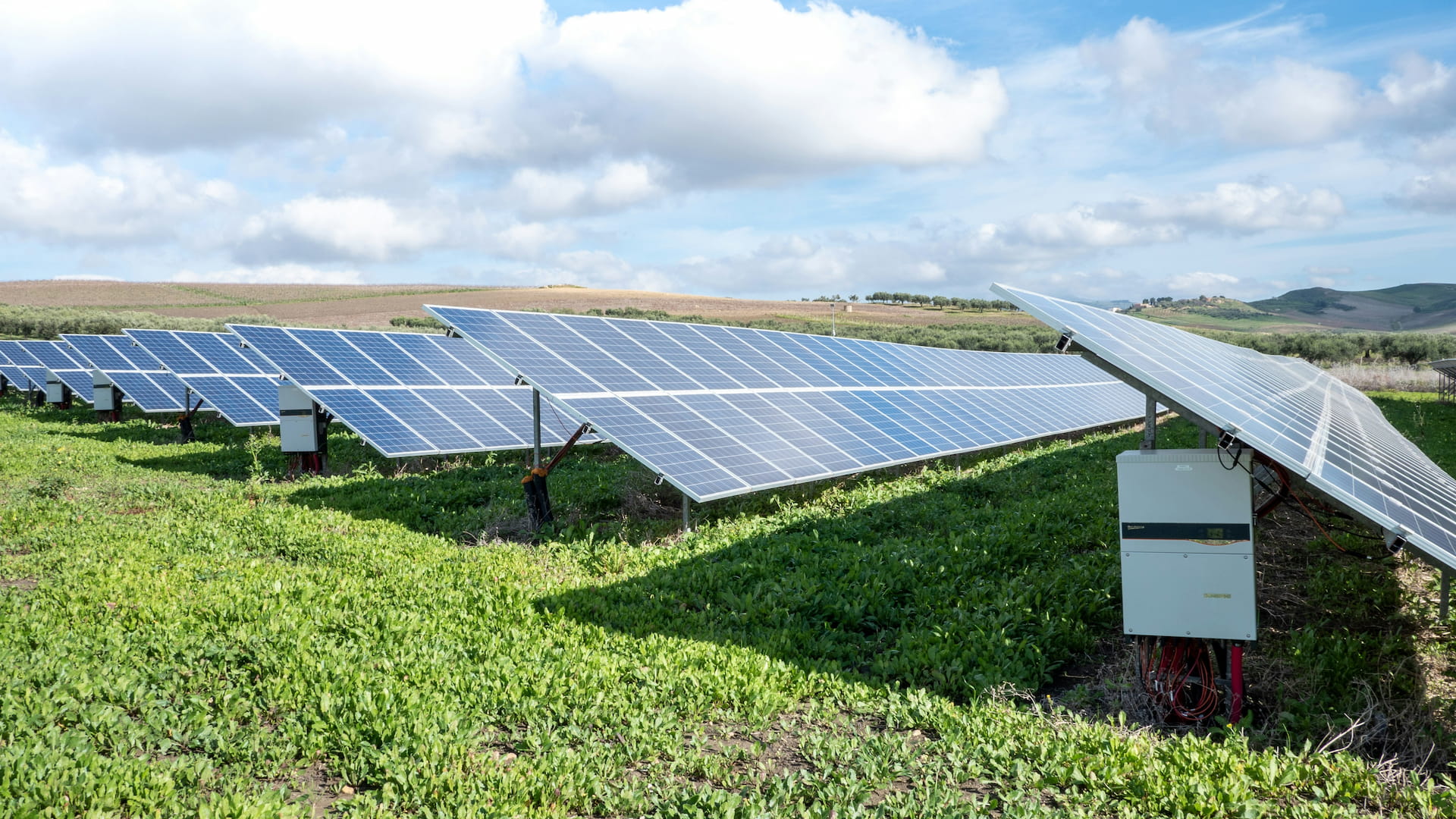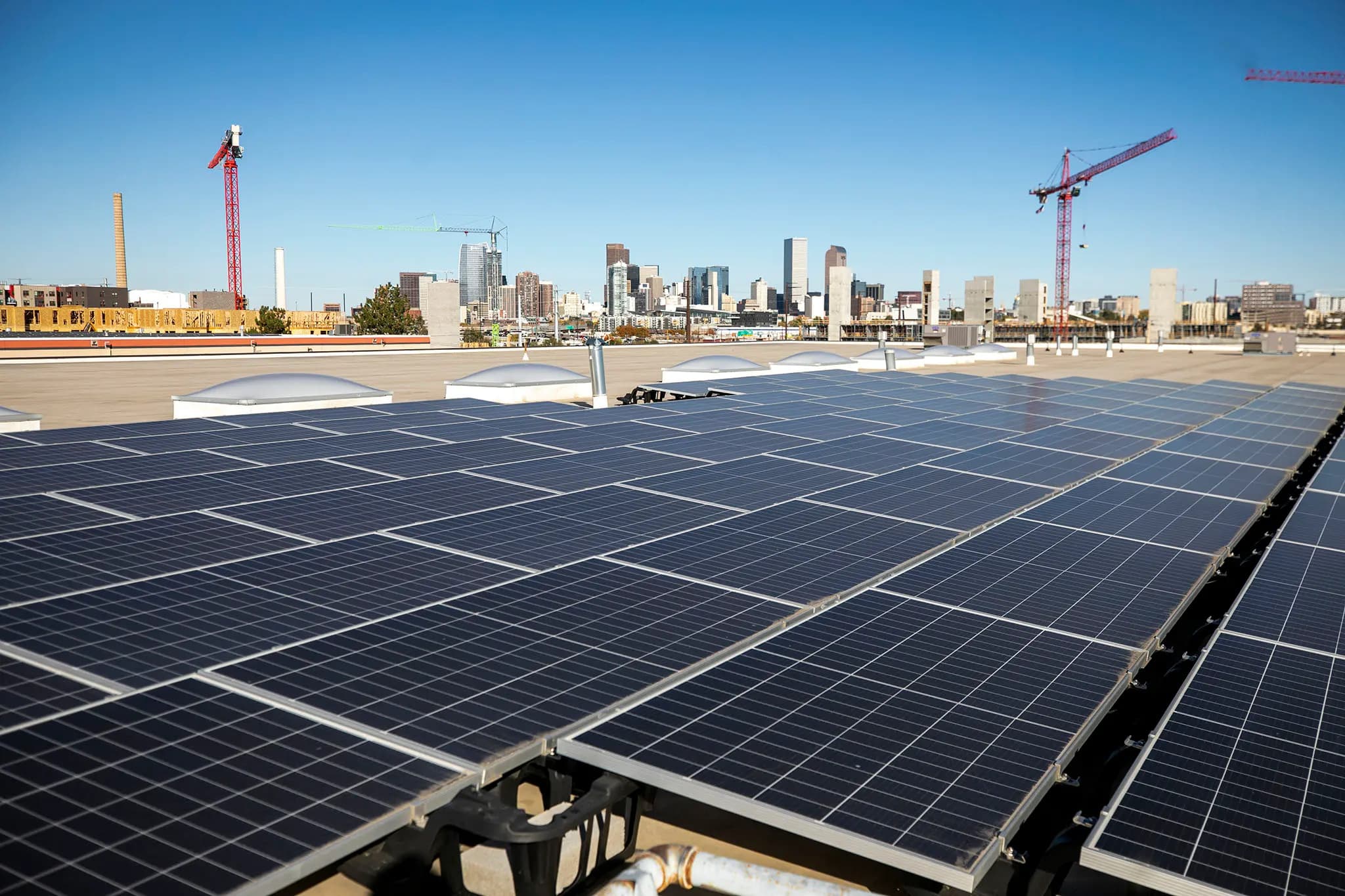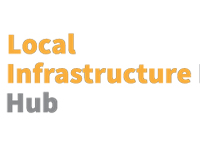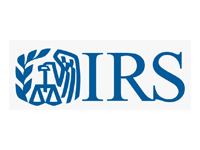Why invest in clean energy projects?
Clean energy projects are essential for creating sustainable and vibrant communities

Overview
Clean energy projects are essential for creating sustainable and vibrant communities.
Key Benefits
Investing in green energy helps cut pollution, fight climate change, and create new jobs. It’s a smart way to build a cleaner, healthier, and more sustainable future.
Reduce greenhouse gas emissions
Improve public health by reducing air pollution and emissions through clean energy adoption
Reduce operational expenses and utility bills
Create stable local jobs across construction, installation, and maintenance sectors
Prepare for future environmental regulations
Attract environmentally conscious businesses and residents, boosting economic growth
Did You Know?
The landmark $27 billion Greenhouse Gas Reduction Fund (GGRF) plays a vital role in sparking and maintaining clean energy financing as a form of community development in underserved urban and rural areas. How? By financing clean technology and energy efficiency improvements in underinvested areas and supporting community lenders to sustain and expand those investments. (MacArthur Foundation, 2024)
Community solar gardens were first pioneered in Colorado in 2010, introducing an innovative funding model where multiple households can subscribe to a shared solar array even if they can't install panels on their own roofs. These projects have since expanded nationwide and often include special financing programs for low-income households, making clean energy more accessible to those who historically couldn't participate. (NREL)
About 21% of the US's electricity generation comes from renewable energy sources, which is considered clean energy; this means that roughly one-fifth of the total US electricity is generated from clean sources like solar, wind, and hydropower. (The U.S. Energy Information Administration (EIA)
What elements should you be considering?

Case Study
In 2020, Denver city government and residents laid an important climate action foundation with the passage of a local sales tax that provides for community wide investments in climate projects.
The passage of the IRA in 2022 presented the city with a mechanism to leverage the existing revenue stream and investments to create greater opportunity. As a result, the city is planning to effectively create a revolving fund by which they can continue to advance their climate action projects and goals across many needs and entities for years to come. Not every city will be able to create a dedicated fund and revenue stream for climate action; however, every city is eligible for the Direct Pay tax credits and has the potential to leverage the rebates, and other federal resources, to invest in clean energy projects that will advance broader goals towards reducing emissions and combatting the effects of climate change. (Source with more info: Local Infrastructure Hub)
Resources
Local Infrastructure Hub Bootcamp
Are you a smaller city or town? Take advantage of federal funding opportunities created by the Bipartisan Infrastructure Law. While these funds are directly accessible to cities, many smaller municipalities lack the resources and staff to compete effectively for grants. The Hub addresses this by providing free technical training and grant-writing bootcamps. They've already assisted over 700 cities with populations of 150,000 or fewer, and their total reach extends to more than 1,200 localities through various programs, including virtual webinars and learning opportunities that are available to cities of any size.
With six bootcamp phases completed and another underway, the Local Infrastructure Hub is thrilled to announce a fresh series of bootcamps launching in Winter 2025.
Elective Pay
What is Elective Pay? Cash for Clean Energy! Elective Pay (also called “direct pay”) allows applicable entities that do not owe Federal income taxes to, for the first time, receive a payment equal to the full value of tax credits for building qualifying clean energy projects or making qualifying investments.
Learn more about direct pay and how it can support clean energy projects in your community.

